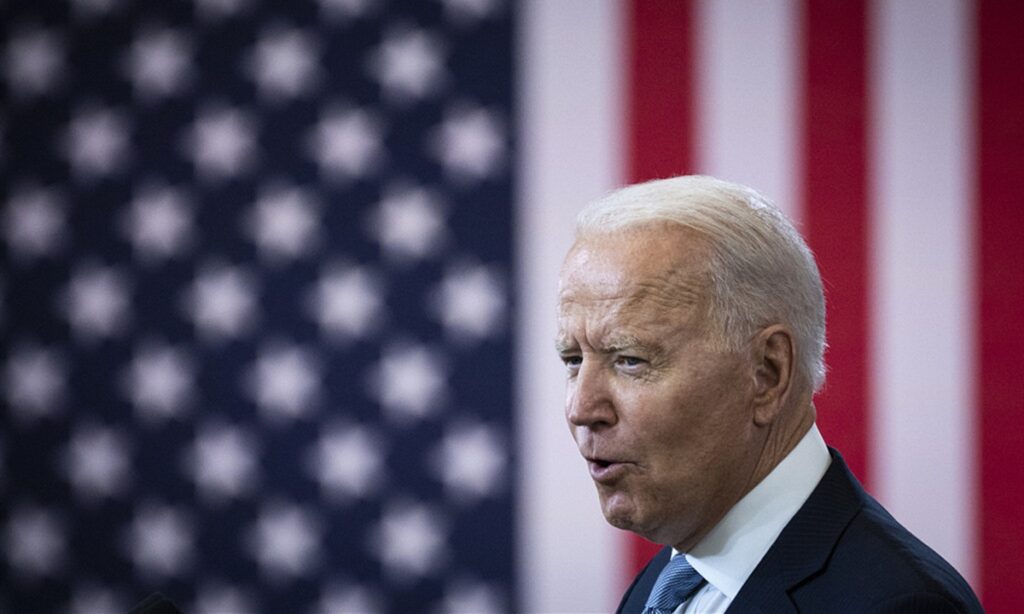The US Senate voted to advance a historic, trillion dollar infrastructure package late Wednesday, a breakthrough after weeks of often-bitter negotiations on a bill that President Joe Biden said could “transform America.”
The deal, if passed by Congress and signed into law, would pump historic levels of federal funding into fixing US roads, bridges and waterways, ensuring broadband internet for all Americans and expanding clean energy programs.
The bipartisan measure passed 67-32, with 17 Republicans joining all 50 Democrats to formally begin debate on the bill.
The plan, part of Biden’s sweeping domestic agenda, includes some $550 billion in new spending. It came together despite a near collapse of the volatile talks, which Biden and his Democrats wanted to see concluded before Congress breaks for its August recess.
The legislation’s language has yet to be written, but because the bill itself is just a shell, the Senate can advance it before voting on the final text.
That scenario caused Republicans to balk at beginning debate last week, and some are still warning it could sink the plan.
“Until this bill is actually written, and we have a chance to review it, including all the details, the costs, the pay-fors… I will not support it,” Senator John Cornyn said on the Senate floor.
“And I imagine the majority of my Republican colleagues will feel the same way.”
The deal will create millions of good jobs and make the US economy more robust, sustainable, resilient and just, the White House said in a statement.
Biden called it “the most significant long-term investment in our infrastructure and competitiveness in nearly a century.” “This deal signals to the world that our democracy can function, deliver, and do big things,” he said, adding that the plan had the potential to “transform America and propel us into the future.”
The deal will make the largest-ever federal investments in public transit and drinking and waste water infrastructure; the largest funding of passenger rail since the creation of Amtrak; and the largest investment in bridges since creation of the nation’s highway system.
It also helps tackle the climate crisis by investing in clean energy projects such as electrification of school and transit buses, and forming an authority to oversee creation of a clean electricity grid.
Biden Photo: VCG



